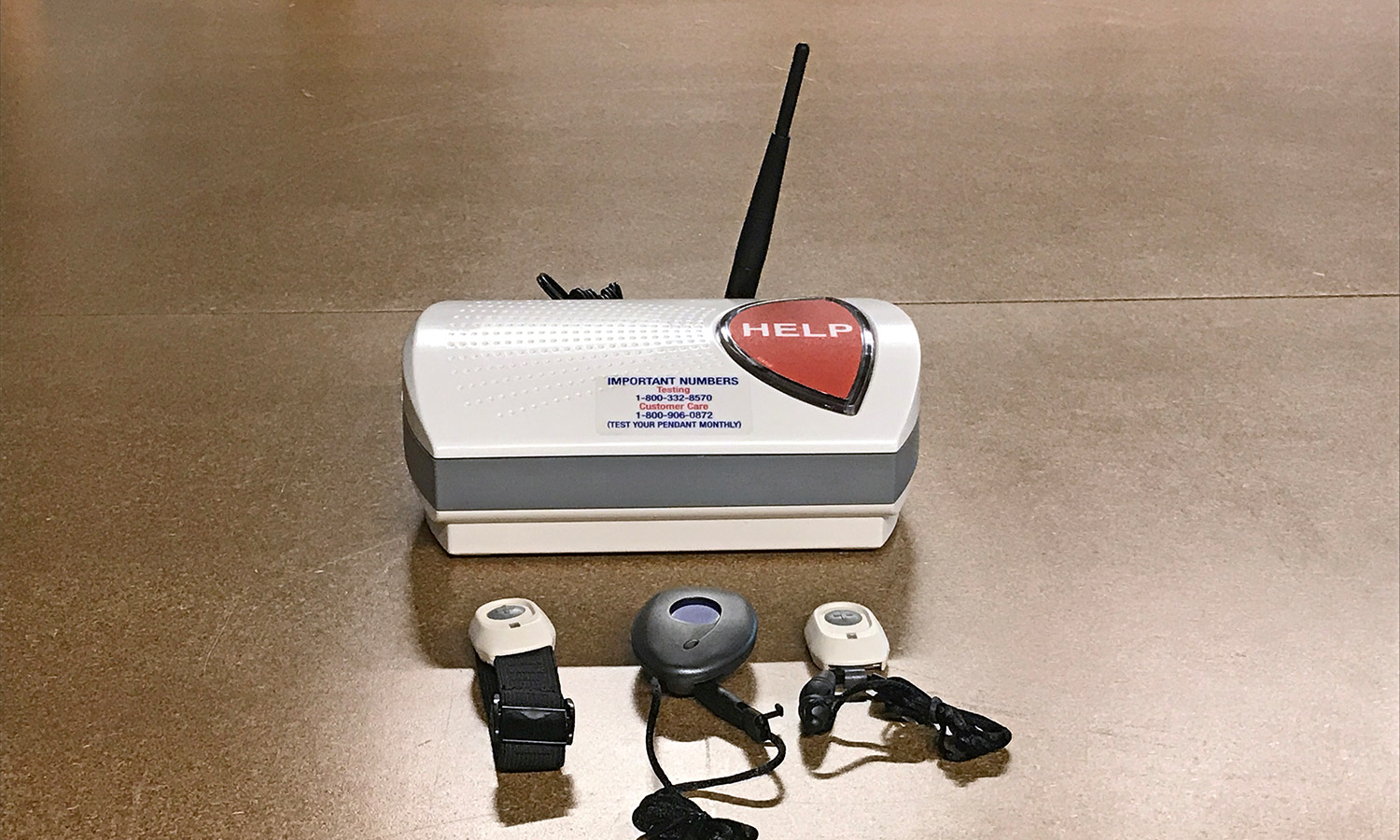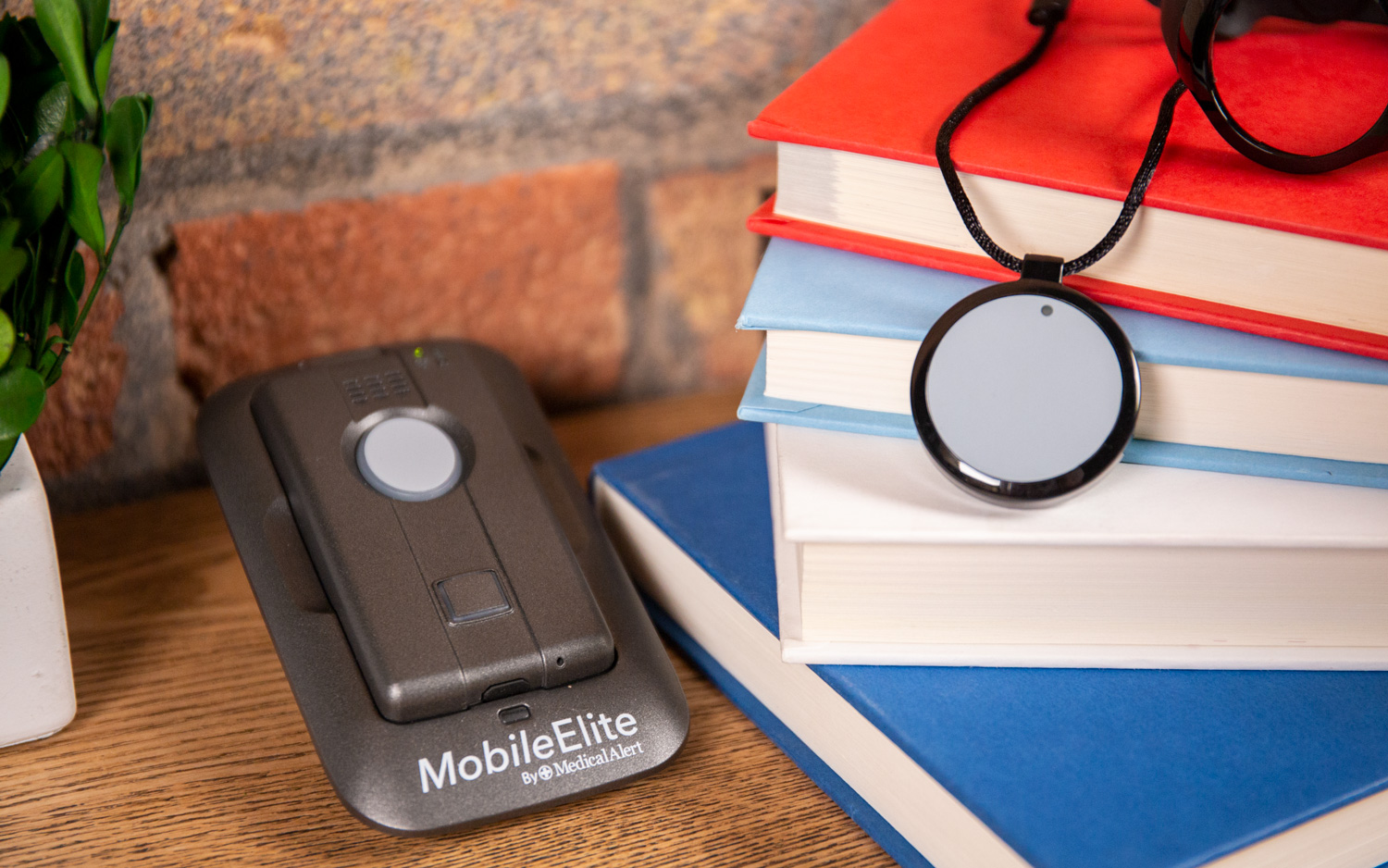TechRadar Verdict
Medical Alert offers fast emergency response, fall detection pendant, simple packages, and good customer service, but has limited features, less proactive customer service, and fewer educational resources compared to some competitors. It's suitable for users wanting a basic and reliable system, but others may want to consider other options.
Pros
- +
Affordable pricing
- +
Multilingual operators
- +
Loud speakerphone
- +
Fast response time
- +
Helpful caregiver app
- +
Eco-friendly, reused devices
Cons
- -
Large mobile device
- -
Additional costs for extra services such as fall
- -
Limited support options
Why you can trust TechRadar
Medical Alert is a leading provider of medical alert systems in the country, trusted by numerous families, hospitals, and healthcare organizations. They offer a wide range of in-home and mobile medical alert systems with a focus on affordability and value.
Their systems feature PERS devices such as the MyTrex MXD3G, known for its loud speakerphone. While Medical Alert's offerings share similarities with those of other companies, their competitive pricing makes them a compelling option for budget-conscious individuals.
The systems allow users to quickly call for assistance at the touch of a button, connecting them with trained specialists who assess the situation and send appropriate help, such as contacting family, friends, or emergency services.
Medical Alert: Medical alert systems
Best quality package
Medical Alert's most recommended offering is their Mobile System. The audio quality of the system was usually very good, with both loud and clear sound. However, there were occasional instances where the audio clarity was not as consistent. The quality of these systems may also vary, likely influenced by factors such as the duration of their use.
Each time a customer cancels their subscription, they return the system to Medical Alert. It’s cleaned and sent out to new customers. Over time, you can expect a speaker’s audio quality to deteriorate. If this is the case with your system, we recommend returning it and asking for a new one.
One minor downside of the pendant is its limited range. Despite being advertised as having a range of approximately 600 feet, our tests revealed an average range of only 70 feet. However, the signal strength remained consistently excellent, even when faced with obstacles like multiple walls and furniture.
Considering the typical size of apartments and homes, a range of 70 feet may seem short at first glance. However, for most users, it should be sufficient. It is important to note that if you require a mobile medical alert system, a medical alert smartwatch might be a better option due to its wider range.

The On-the-go medical alert system is bulky compared to other mobile medical alert systems, and the audio isn’t great. It comes with a wireless pendant, allowing you to use it like an in-home system while it’s charging in the base station.
Medical Alert fall detection
Medical Alert's in-home system includes a teardrop-shaped pendant for fall detection. While some fall detection pendants can be overly sensitive, we found Medical Alert to be more accurate than most. However, it's not foolproof, and can sometimes trigger false alarms.
One advantage is that it detects falls immediately, unlike some sensors that wait 30-60 seconds before calling for help. It's important to be cautious, though, as it can occasionally mistake other random events for falls. Additionally, if you're out of range of the base station, it might be difficult to determine if it's sending an emergency alert.
Medical Alert: Emergency response center
During our initial three-week testing phase, Medical Alert's average call handling time was approximately 78 seconds. This was significantly slower than industry averages, making it a disappointing result, especially compared to Lively's impressive average of 20 seconds per call.
However, in the subsequent three-week daily testing phase, Medical Alert showed substantial improvement, achieving an average call handling time of around 35 seconds. While still slower than Lively's remarkable average of 15 seconds, this marked a significant increase in competitiveness. In situations where every second counts, this improvement is highly significant.

The emergency call center's quality was generally good but not outstanding. Most calls were handled excellently, with operators typically confirming the callers' identity and periodically inquiring about their well-being throughout the conversation.
However, there were some instances where operators deviated from the standard script. Occasionally, they assumed the caller was the account holder (posing a potential security risk), and in other cases, they neglected to inquire if assistance was needed.
A positive aspect of Medical Alert is that it includes coverage for spouses at no additional cost, providing additional pendants with each in-home system. Additionally, the 365Access Caregiver App, available with the On-the-go mobile system, allows loved ones to track the user's location and receive alerts if assistance is needed.

Medical Alert: Pricing
With Medical Alert you can choose from monthly, semi-annual or annual subscription packages to save money.
Medical Alert’s Home System package is an excellent bet if you've got a budget to stick to. It starts at $19.95 per month, it’s one of the more affordable medical alert systems that we’ve reviewed. And with an above-average call response time, it’s an excellent value, despite the aging technology. Also keep in mind that the fall prevention is an optional additional cost of $10/month.
However, the cost of the other packages is somewhat higher.
The Mobile System plan price varies based on how long you sign up for. At the monthly price of $47.95/month it is quite expensive. However, with a 6 month commitment it drops down to $34.95/month and includes free shipping, and with an annual commitment it goes down to an affordable $29.95/month and also has a free lockbox to provide medics a key included. You should also factor in that there is a $99.95 one-time programming fee on top of the above costs.

Medical Alert: Support
If there is an issue with Medical Alert, there are a few options to get some help. You can reach out directly on the phone to Customer Care at 800-906-0872; the hours of operation are not listed. The other option is a Support Portal, which will get back to you via email or phone.
A shortcoming is that there are no other direct support options, as we did not find a chat, a direct email, a fax, or a mail address.
On the self support side, it was also not quite robust. We did find product guides specific to the device, and some answers to general questions presented as a FAQ, but there were no other options, such as a forum, whitepapers, or video content.

Medical Alert: Final verdict
Medical Alert's medical alert system has some key points to consider. These include the pros of a fast and reliable emergency response, the effective fall detection pendant, and the simple and limited packages. We also like the good customer service, especially for non-English speakers. Also keep in mind the cons such as the limited features with less functions than some competitors, that customer service could be more proactive, and that this service offers less educational resources than some others.
Overall, Medical Alert is a good option for users who are looking for a basic and reliable medical alert system with good customer service. However, if you are looking for a system with more features or educational resources, you may want to consider other options.
Jonas P. DeMuro is a freelance reviewer covering wireless networking hardware.

